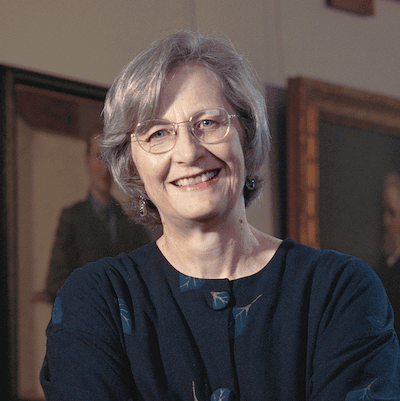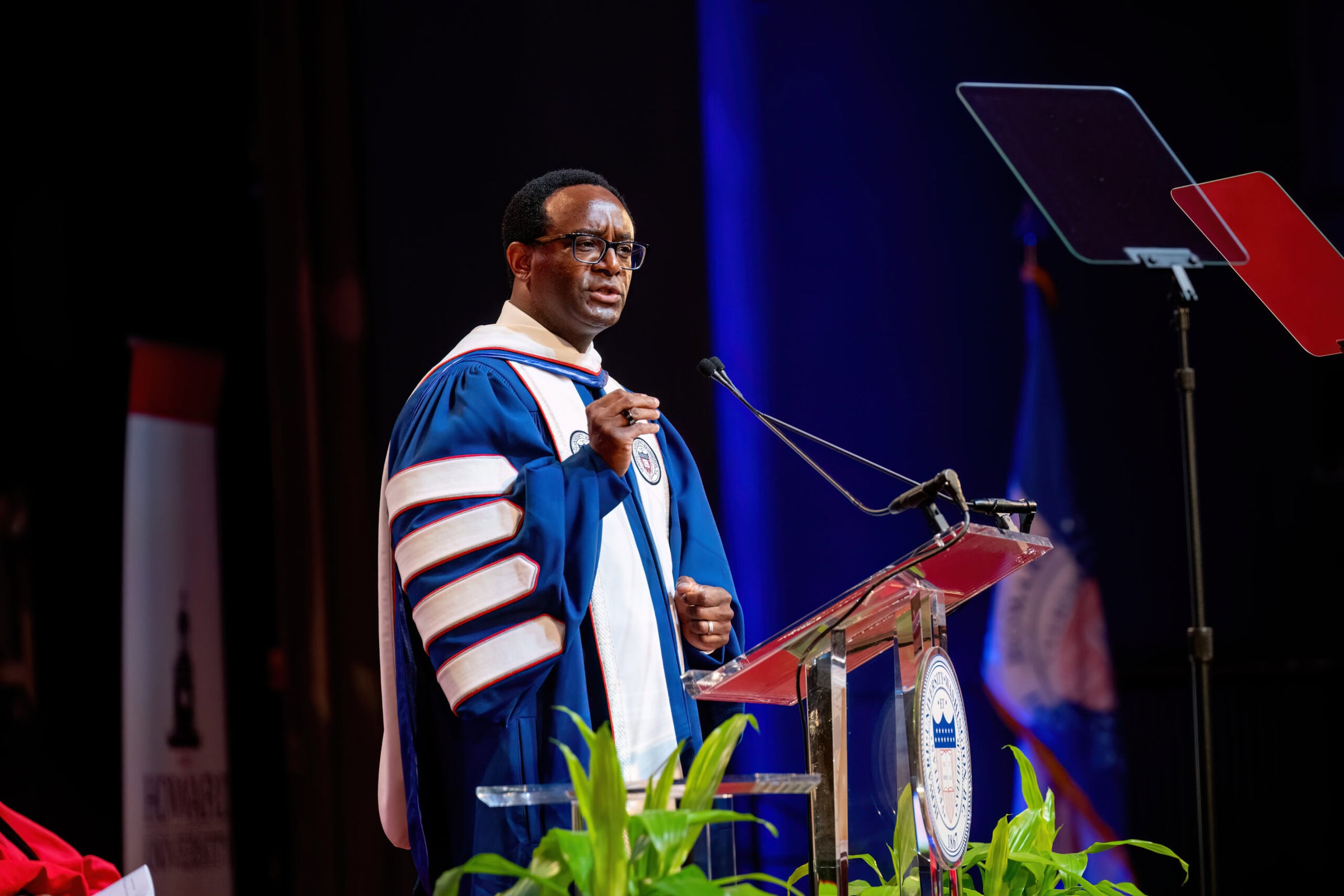Billy Collins, a former poet laureate of the United States, begins one of his poems with this wonderfully provocative line: “The trouble with poetry is that it encourages the writing of more poetry.” Collins imagines poems multiplying indiscriminately like guppies crowding a fish tank or baby rabbits overwhelming a lawn. “Who needs more poets?” he seems to ask. It is a question historians ask as well, especially this time of year, as we contemplate piles of books in the exhibit hall or the anxious inhabitants at the AHA Job Center. There are too many books for too few readers, too many historians for too few jobs. Or so some say.
Laments about overpopulation in the profession, remind me of an experience I had in the late 1960s when I first contemplated going to graduate school. I was at a party honoring one of my undergraduate teachers. You should know that I had never had anything but an A from this teacher and that I had graduated at the top of my class. As we sat at dinner, I mentioned that I was thinking of pursuing a doctorate. I suppose I expected him to encourage me or at least offer some advice on where I might apply. Instead, he turned to others at the table, many of them academics, and said, “We’ve got to stop encouraging people to get PhDs.” Then he smiled at me, “Your business is to delight.”
I think I was supposed to take that as a compliment. I had recently helped put together a little guidebook to Boston, but I was married and a mother, and in retrospect I know that his assumptions about my place in the world had everything to do with that. I didn’t fully understand that until some years later when another of his former students told me how much this same professor had encouraged him to pursue graduate study. This had nothing to do with the quality of his work or mine. It was simply a question of gender. The male student needed a career. I didn’t.
I heard the same argument so often that I internalized it. A male friend told me graduate study would spoil my style. A female friend whose husband was an administrator at a major university told me that it was selfish for women to pursue professional study when they were unlikely to use their degrees. It is hardly surprising, then, that I entered graduate study with decidedly mixed ambitions. I intended to study history for its own sake. I knew I couldn’t count on a career. That was doubly so since I was a part-time student at a small state university.
Fortunately, I got an excellent education at the University of New Hampshire. Since I was a faculty wife paying half tuition, I wasn’t taking money away from other graduate students. Since I wasn’t at an Ivy League university, nobody discouraged me from writing women’s history. I could do what I wanted. Two of my mentors had been journalists, and both encouraged my writing. One of them predicted that as I got more deeply into research I would begin to think of a career. But the other considered that possibility irrelevant. At a dinner after my thesis defense, he raised the specter of job scarcity, lamenting that one of his male students had not been able to find a job. Someone said, “What about Laurel?” His response was, “Oh, it is different for her. It would be nice if she had a job, but it isn’t a source of identity for her as it would be for a man.”
I like telling this story as evidence of how much sexism there was in the bad old days. But there is some truth in what he said. Because my husband was capable of supporting me, I had the luxury of being able to pursue my own path. I like to say that as a woman I had the advantage of disadvantage. Having a secure income, however small, is not the worst thing that can happen to a writer. But of course that is only part of the story. If graduate school was, for me, a hobby, it was a demanding one. Like a quilter, I pursued my dream one patch at a time. Like a long-distance runner, I rose at five each day, racing the sun as I laid down a few more words on the page. I really didn’t think I would ever have a job, but when it wasn’t making me crazy, my struggle to write history gave an unexpected shape and meaning to my life.
I don’t suppose this is any consolation to anyone hoping to enter the profession today. But if there is any moral to my story, it may be that your own instincts are a better guide than the words of your former teachers. The best clue to the future, though, is how you feel about what it is you do. Yes, grants and jobs matter. As professionals we need to do more to advocate for history and to support one another in our work. But we also need to ask ourselves what it is that drives us to study, teach, and write.
In “The Trouble with Poetry,” Billy Collins asks if the time will ever come when poets will have “compared everything in the world / to everything else in the world,” leaving them with nothing to do but sit at their desks with folded hands. He knows that won’t happen, and so do we. For those infected with the need to discover the past, there will always be mysteries pulling us through digital or archival darkness. That is why people with tenure as well as those without continue to write. Collins admits that though poetry fills him with joy and with sorrow, “mostly poetry fills me / with the urge to write poetry, / to sit in the dark and wait for a little flame / to appear at the tip of my pencil.” If you have discovered that flame, you will write history.


